Kevin M. Chu
Phoneme-Based Ratio Mask Estimation for Reverberant Speech Enhancement in Cochlear Implant Processors
May 28, 2021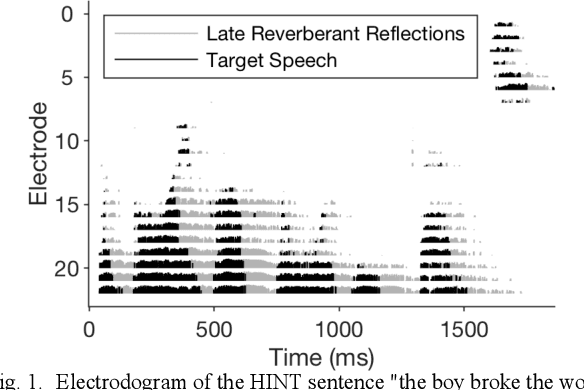
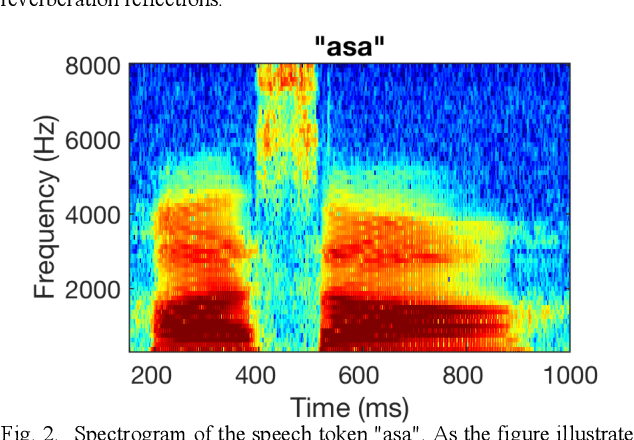
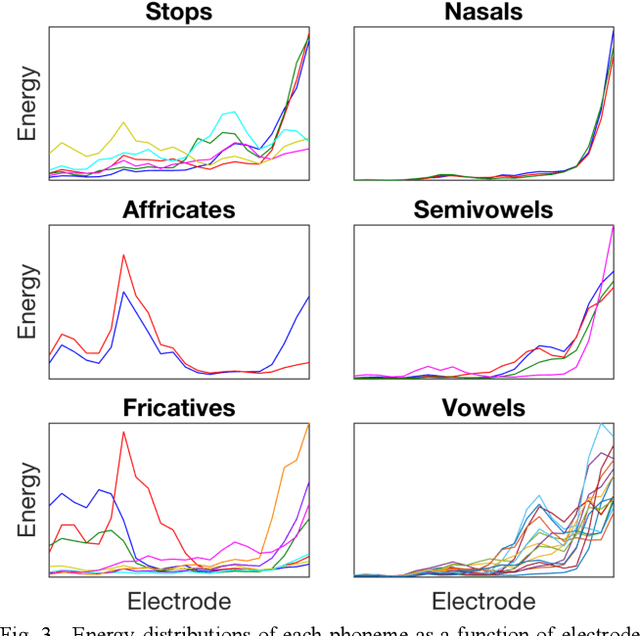
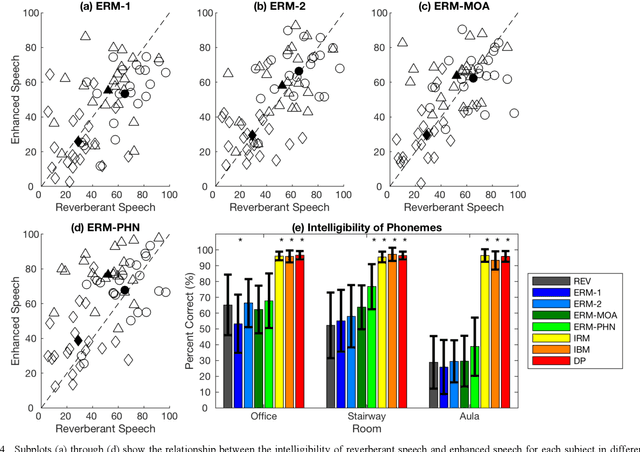
Abstract:Cochlear implant (CI) users have considerable difficulty in understanding speech in reverberant listening environments. Time-frequency (T-F) masking is a common technique that aims to improve speech intelligibility by multiplying reverberant speech by a matrix of gain values to suppress T-F bins dominated by reverberation. Recently proposed mask estimation algorithms leverage machine learning approaches to distinguish between target speech and reverberant reflections. However, the spectro-temporal structure of speech is highly variable and dependent on the underlying phoneme. One way to potentially overcome this variability is to leverage explicit knowledge of phonemic information during mask estimation. This study proposes a phoneme-based mask estimation algorithm, where separate mask estimation models are trained for each phoneme. Sentence recognition tests were conducted in normal hearing listeners to determine whether a phoneme-based mask estimation algorithm is beneficial in the ideal scenario where perfect knowledge of the phoneme is available. The results showed that the phoneme-based masks improved the intelligibility of vocoded speech when compared to conventional phoneme-independent masks. The results suggest that a phoneme-based speech enhancement strategy may potentially benefit CI users in reverberant listening environments.
Assessing the intelligibility of vocoded speech using a remote testing framework
May 28, 2021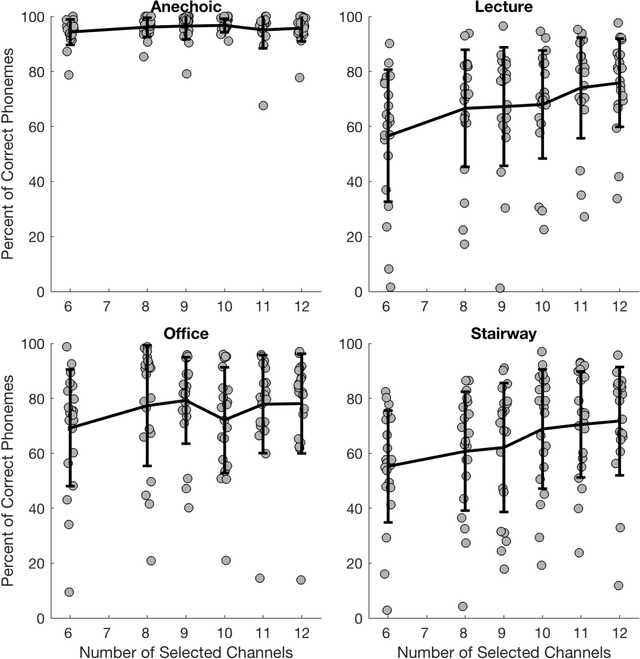
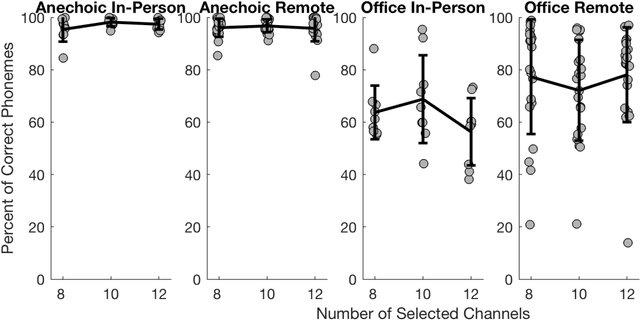
Abstract:Over the past year, remote speech intelligibility testing has become a popular and necessary alternative to traditional in-person experiments due to the need for physical distancing during the COVID-19 pandemic. A remote framework was developed for conducting speech intelligibility tests with normal hearing listeners. In this study, subjects used their personal computers to complete sentence recognition tasks in anechoic and reverberant listening environments. The results obtained using this remote framework were compared with previously collected in-lab results, and showed higher levels of speech intelligibility among remote study participants than subjects who completed the test in the laboratory.
 Add to Chrome
Add to Chrome Add to Firefox
Add to Firefox Add to Edge
Add to Edge